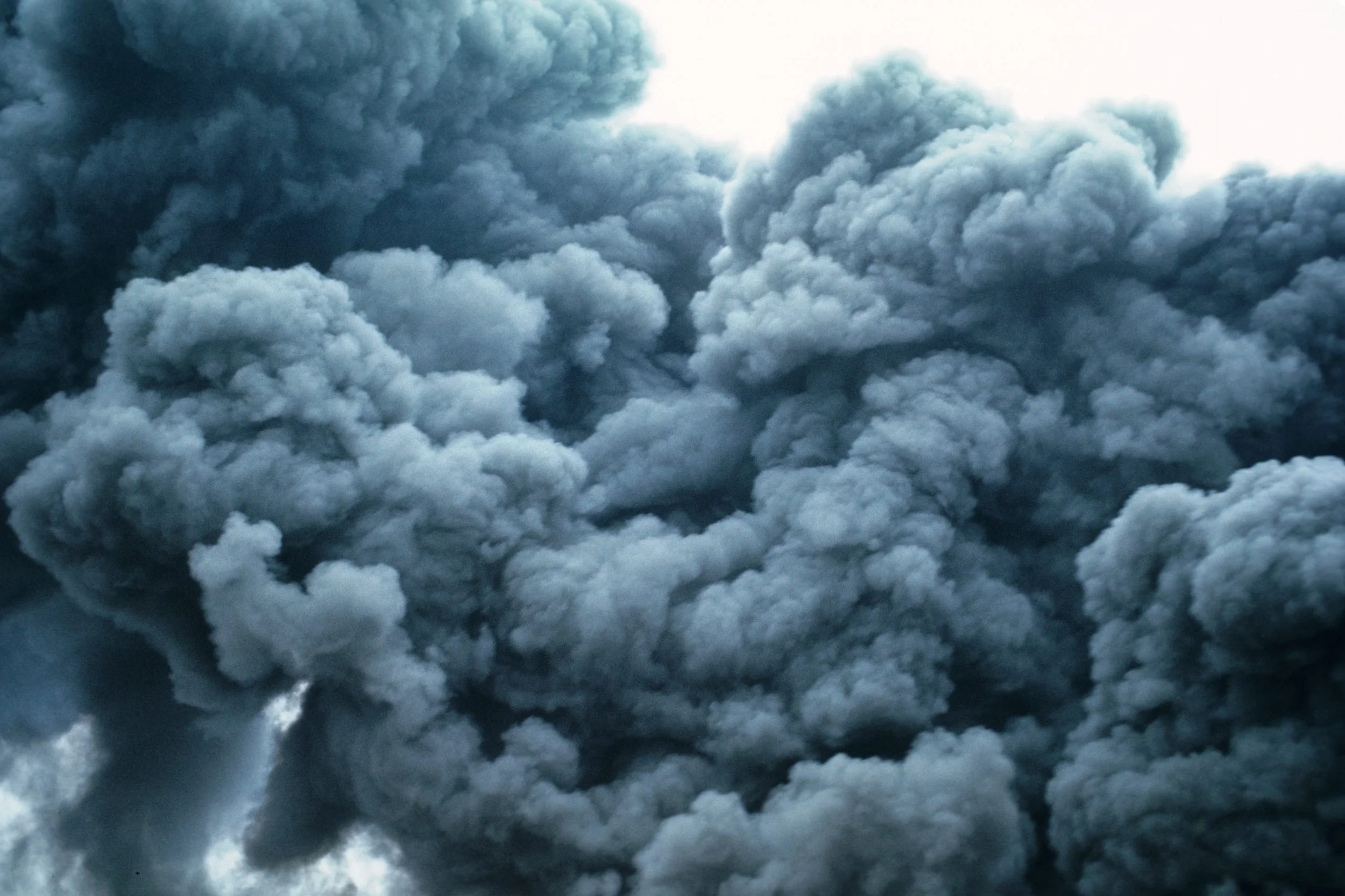Where There's Smoke, There's Fire-and Public Health Concerns
The West is engulfed in smoke from wildfires, affecting both our recreational opportunities and worse-our health and safety. Did you know that wood smoke stays chemically active in our bodies 40 times longer than smoke from tobacco? Breathing hazardous levels of smoky air not only irritates our eyes and throats, it can increase risks of certain cancers or harm those with respiratory and cardiovascular issues.Tips to Get Through the Smoky Season
- Find a reliable website or app that provides information on air quality. Check it daily to stay up-to-date on current and future conditions.
- Avoid strenuous outdoor activity during poor air quality days.
- Be neighborly-do you have a neighbor who's particularly sensitive to poor air quality? Offer to help out if you can.
- Consult your doctor to know what you should be concerned about and how poor air quality affects you.
- Heed the advice of regulatory agencies or medical professionals. We all want to get back to enjoying campfires and safely riding bikes but we have to be patient.
Will Our Summers Always Be So Smoky?The growing size of wildfires and the increasing length of the fire season throughout the West are largely the result of climate change. Unless we address the root causes of climate change, smoky, unhealthy summers could be our new norm.But there's more that can-and should-be done along with addressing the causes and effects of climate change. Studies have shown that a century of suppressing all fires led to a buildup of trees and brush, especially in our lower-elevation forests. Thinning and prescribed burning can change wildfire behavior, reducing the intensity and effects of wildfires. We may not be able to prevent wildfires, but we can help determine whether a fire burns characteristically or not.Prescribed fires do cause smoke, but their impacts to communities and public health are often less than from uncontrolled wildfires because they are lit in the spring and fall when the smoke is more easily dispersed. In addition, the land managers can give advanced warning to communities about scheduled burns.

